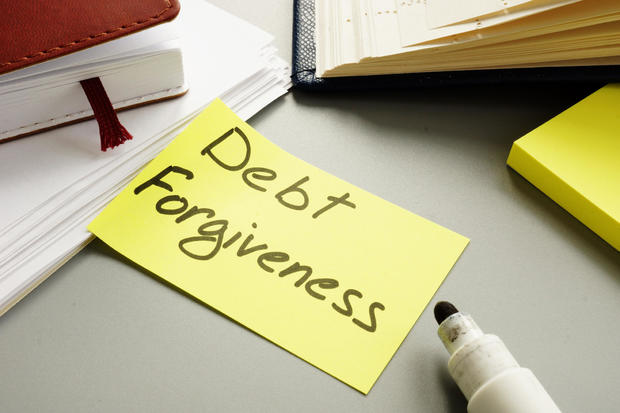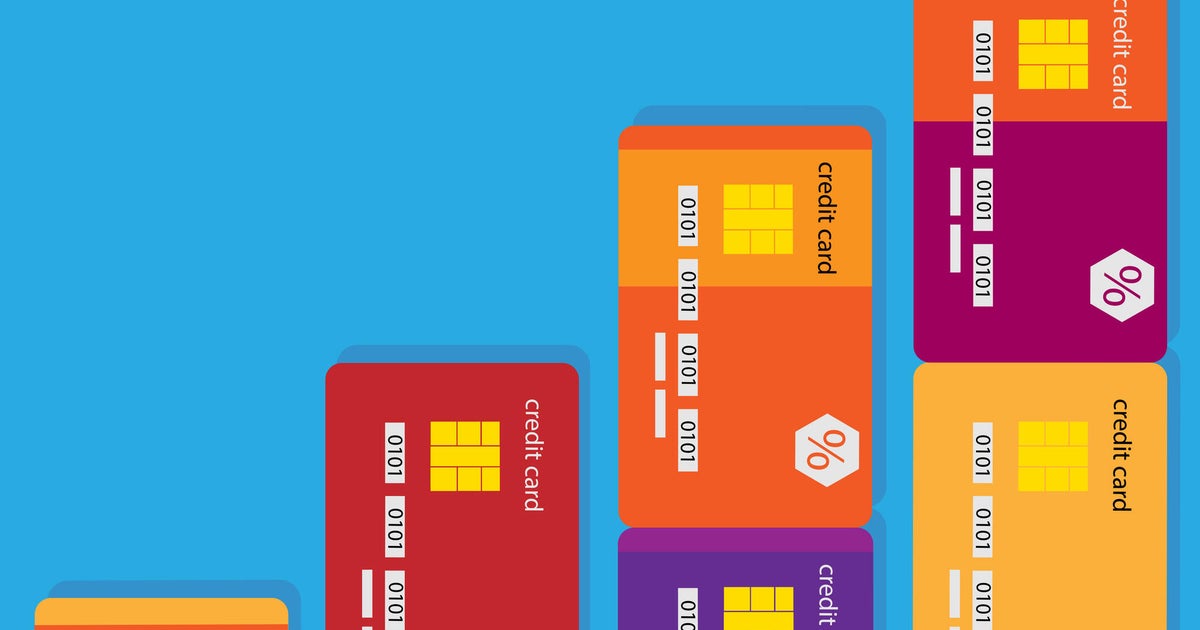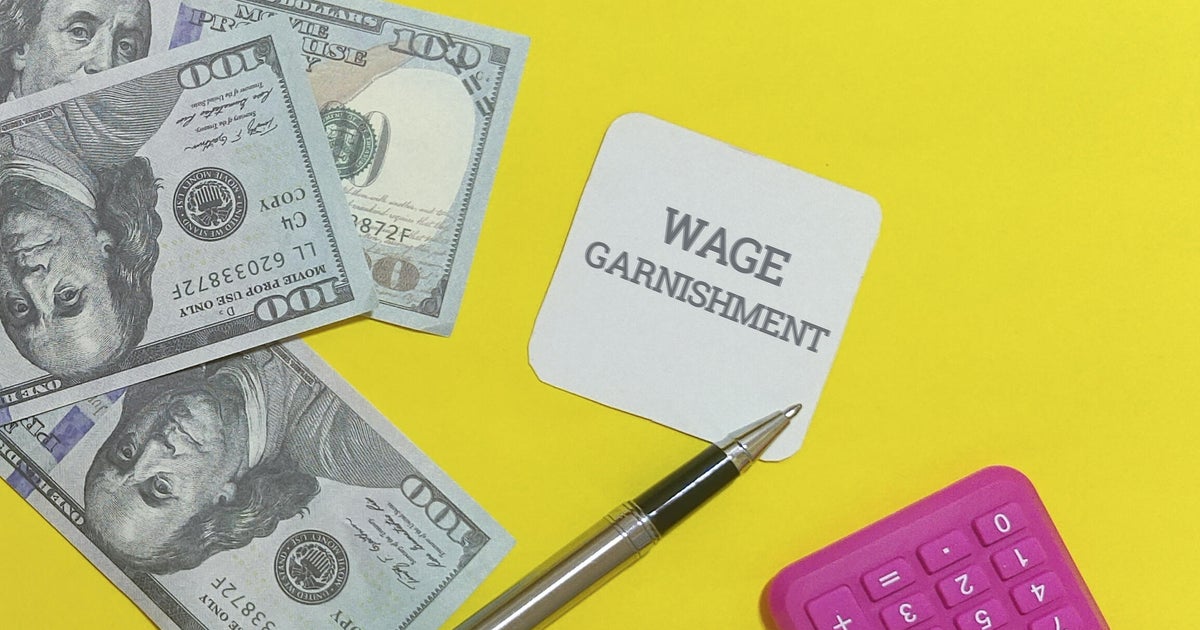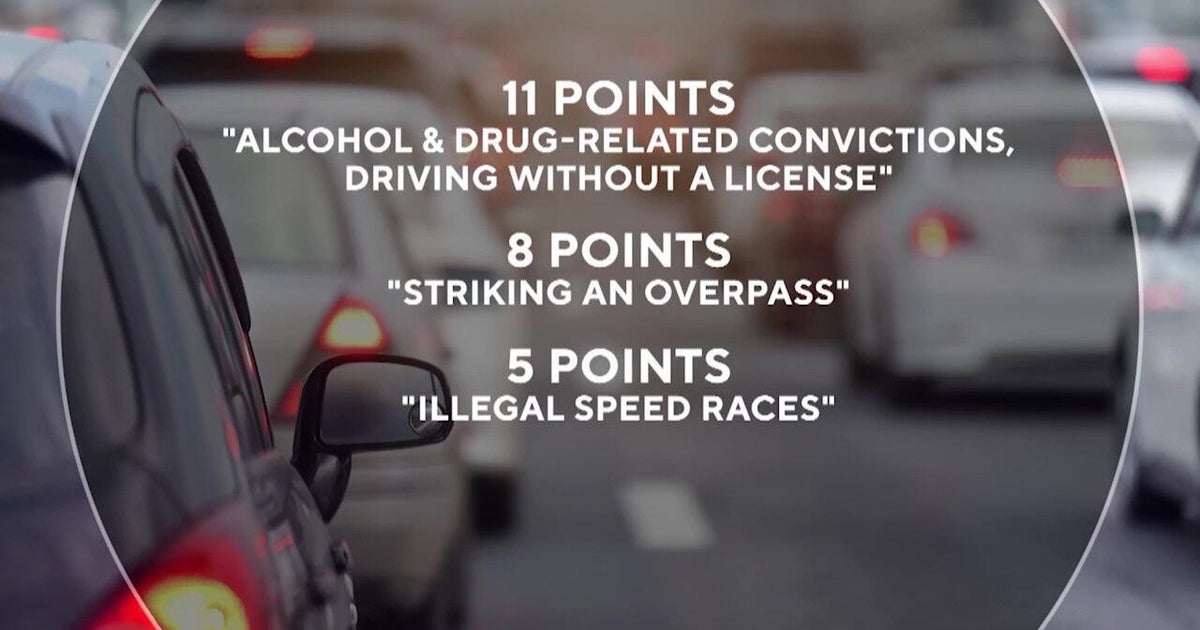Not sure if a credit card debt forgiveness program is legitimate? Look for these 5 signs
If you've taken out a personal loan, used a credit card or bought a home with a mortgage at any point in the last couple of years, you're likely well aware of how challenging today's borrowing landscape is. But while today's borrowing costs are high across the board, it's credit card users, in particular, who are feeling the burn.
After all, the average credit card rate is about 23% — a record high. So, if you're carrying a balance from month to month, the interest charges are accruing quickly on what you owe. The ripple effects of inflation, which have resulted in higher prices for groceries, housing and other essentials, have also stretched many people's budgets thin. And with less money to go around, it can be tough to fit your credit card payments into the equation.
Given today's challenges, it can make sense to consider the credit card debt relief options available to you, like credit card debt forgiveness (or debt settlement). These programs can provide some relief from your high-rate card debt by negotiating lower, lump-sum settlements with your creditors. Before enrolling, though, it's important to ensure that any debt forgiveness program you're considering is legitimate.
Ready to get rid of your high-rate card debt? Compare your debt relief options now.
5 signs a debt forgiveness company is legitimate
These key signs can help you identify a legitimate credit card debt forgiveness program:
There are no upfront fees
One of the most telling indicators of a reputable debt forgiveness program is the absence of upfront fees. After all, it's not just unethical for companies to charge fees for these services before the work is done — it's also illegal. The Federal Trade Commission (FTC) does not allow debt settlement companies to charge fees prior to your debts being resolved, so you should avoid any company that asks for payment upfront.
Legitimate debt forgiveness programs operate on a performance-based model instead, collecting fees only after successfully negotiating and settling a debt on your behalf. For example, most debt forgiveness companies charge fees that range from 15% to 25% of the total enrolled debt. These fees can vary, of course, but what won't differ is that legitimate programs only charge them after negotiations are complete.
Find out how the right debt relief strategy could benefit you today.
Information is readily available
A hallmark of trustworthy debt forgiveness programs is transparency. Any debt forgiveness program you consider should be more than willing to provide comprehensive information about its services, processes and potential outcomes, so look for organizations that offer:
- Detailed explanations of how their debt settlement program works
- Clear outlines of the potential risks and benefits
- Realistic timelines for debt resolution
The experts who work with legitimate debt forgiveness programs will encourage you to make an informed decision rather than rushing you into their program. There's a lot at stake in these situations — and a lot of information to process — so they should be patient when answering your questions.
The company employs experienced experts
The effectiveness of a debt forgiveness program largely hinges on the skill and experience of its negotiators, as the entire goal of these programs is to negotiate settlements on what you owe. In turn, reputable companies will employ professionals who have proven track records in debt negotiation to optimize the chances of success.
These experts should have:
- Extensive knowledge of credit card debt laws and regulations
- Strong relationships with major credit card companies and collection agencies
- A history of successful settlements for their clients
Don't hesitate to ask about the qualifications and experience of the negotiators who will be handling your case. A legitimate company will be proud to showcase its team's expertise and may even provide case studies or testimonials from satisfied clients.
There are no outcome guarantees
While it may seem counterintuitive, one sign of a legitimate debt forgiveness program is the refusal to make guarantees about outcomes. Ethical companies understand that each case is unique, and results can vary based on factors such as the creditor's policies, your financial situation and the negotiation process itself.
Be skeptical of any company that promises to settle your debt for a specific percentage or within a guaranteed timeframe. Instead, look for organizations that provide realistic expectations based on their past experiences and current market conditions.
The program is accredited and in good standing
A final indicator of a legitimate debt forgiveness program is its standing within the industry. Look for companies that are:
- Accredited by reputable organizations such as the American Fair Credit Council (AFCC) or the International Association of Professional Debt Arbitrators (IAPDA)
- Members of industry associations that promote ethical practices
- In good standing with consumer protection agencies like the Better Business Bureau (BBB)
- Compliant with state and federal regulations governing debt relief services
Take the time to research the company's background, including any complaints or legal actions against them. A history of satisfied clients and positive industry recognition can provide additional peace of mind when choosing a debt forgiveness program.
The bottom line
While credit card debt forgiveness programs can offer a path to financial recovery for many struggling cardholders, it's crucial to approach them with caution and discernment. By looking for these signs, you can better protect yourself from potential scams and find a legitimate program that truly aligns with your needs.




